The March 1st deadline for HMDA reporting has come and gone, and that means now is the time to start preparing for National Credit Union Administration examination. As you may or may not know, the NCUA started an extended exam cycle last year, and they expect full implementation by the end of 2018. Preparing for all the auditing requirements going forward may seem a bit confusing, but we’re here to help.
During examinations this year, the NCUA will be focusing on several topic areas which were outlined in Letter No. 17-CU-09 to Federally Insured Credit Unions. Supervisory efforts will concentrate on areas of highest risk, new products and services, and compliance with Federal regulations.
Compliance with Bank Secrecy Act
One of the biggest priorities for the NCUA is to make sure there are safeguards in the Credit Union system against criminal activity such as money laundering and funding of criminals/terrorists. They act on this priority by performing examinations and filling out questionnaires in compliance with the Bank Secrecy Act. Examiners are required to “identify the CU’s BSA/AML risks, develop the examination scope, and document the plan.” Compliance assessment will begin in the second half of this year.
Interest Rate and Liquidity Risk
Not all credit unions were examined for interest rate risk in 2017, but new procedures mean many will be examined for the first time in 2018 according to NCUA letter 16-CU-08. This is due to the significant growth in complexity and size of credit unions. In only 10 years, the total assets of credit unions has tripled, larger institutions have formed from consolidations, and the amount of unions with more than a billion in assets has grown by more than 500%. New regulations, which have been updated for the first time in 10 years, are designed to mitigate risk.
Member Business Loans/Commercial Lending
On January 1st of last year, a new rule for member business loans and commercial lending was implemented. The stated objective of this new rule was to “reflect a principles-based approach to regulation…designed to provide greater flexibility to credit unions to meet the needs of their members.” Credit Union officials should be prepared this year to provide documentation that supports their management’s ability to effectively monitor and manage the institution’s commercial loan portfolio. Examiners will focus on whether or not policies, procedures, and staffing are appropriate for the type of commercial loans offered.
Internal Controls and Fraud Prevention
Risk of fraud continues to be a major concern for federal regulators. Credit Unions are responsible for ensuring that their member’s financial data is secure, and examiners evaluate this ability by checking internal controls. They also assist in efforts to prevent and detect fraud. According to the NCUA, “Under the Federal Credit Union Act, promoting financial literacy is a core credit union mission.” This also means credit unions need to give their members the tools and information needed to keep their identities safe, so examiners will be checking to ensure financial literacy programs are in place.
Automobile Lending
Credit Unions that have material exposure to higher risk forms of auto lending will get some extra scrutiny during evaluations this year. That’s because, according to the NCUA, these credit unions are particularly vulnerable to losses that may affect the entire institution’s financial health. Specifically, examiners will focus on portfolios with the following elements:
1. Extended loan maturities of over 7 years
2. High loan-to- values
3. Near prime or sub-prime
4. Indirect Lending programs
Loan/Application Registers (LAR)
Beginning in the second quarter of this year, examiners will perform limited reviews of quarterly Loan/Application Registers (LAR), when applicable, in order to evaluate Credit Union good faith to comply with recent amendments to the Home Mortgage Disclosure Act. Due to the new implementations of the law, NCUA examiners will be more flexible with credit unions, and their actions will be more diagnostic in nature. They will be helping institutions find gaps in their implementations of amendments to Regulation C and recommending areas for improvement.
Preparing for Examination
As we all know, the best way to have a “clean” and hassle-free audit is to be prepared and have your best efforts well documented. Board approvals, policies, procedures and the due diligence you have done on the risk and reward of all new products should be clearly written and easily accessible. According to the NCUA supervision manual, ” examiners are responsible for supervising assigned credit unions through conducting ongoing, results-oriented examinations and supervision contacts and communicating with officials and management.” Making things easy for examiners will result in faster clearance and fewer complications
The highly knowledgeable and experienced consultants at Cyberlink would love to assist you in preparation for this year’s changes. We can work with you on documentation, streamlining of processes, or help with the implementation of new products or services. Please reach out to us with any requests for assistance or questions you may have.
